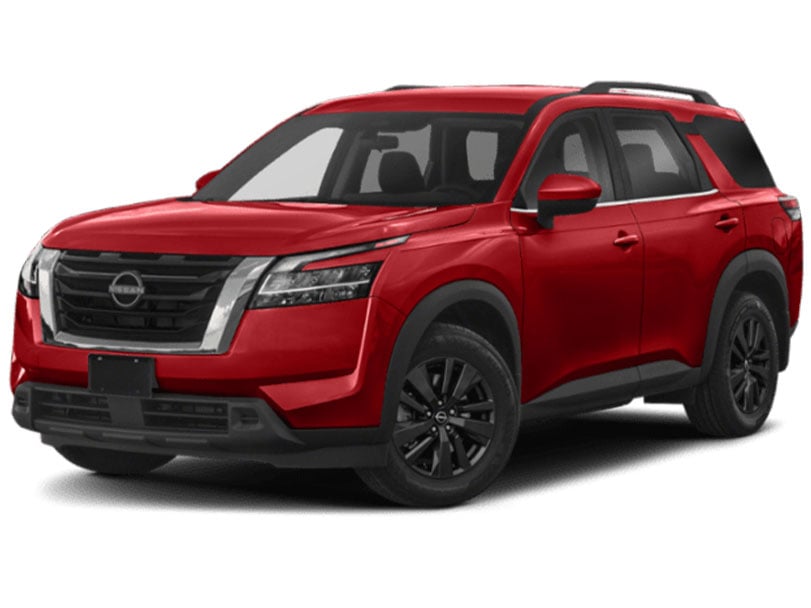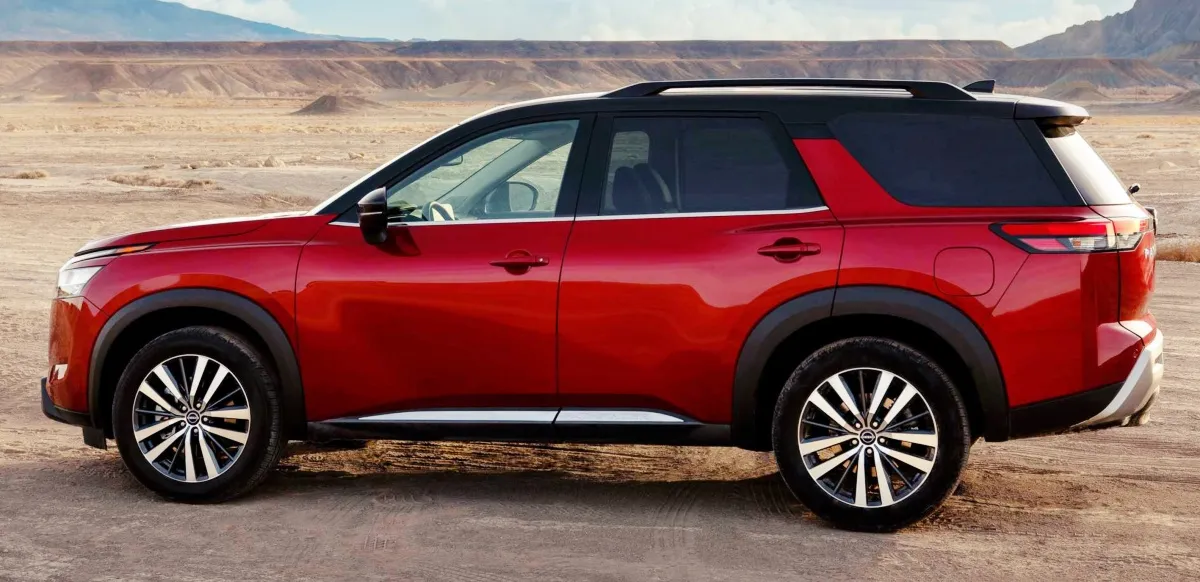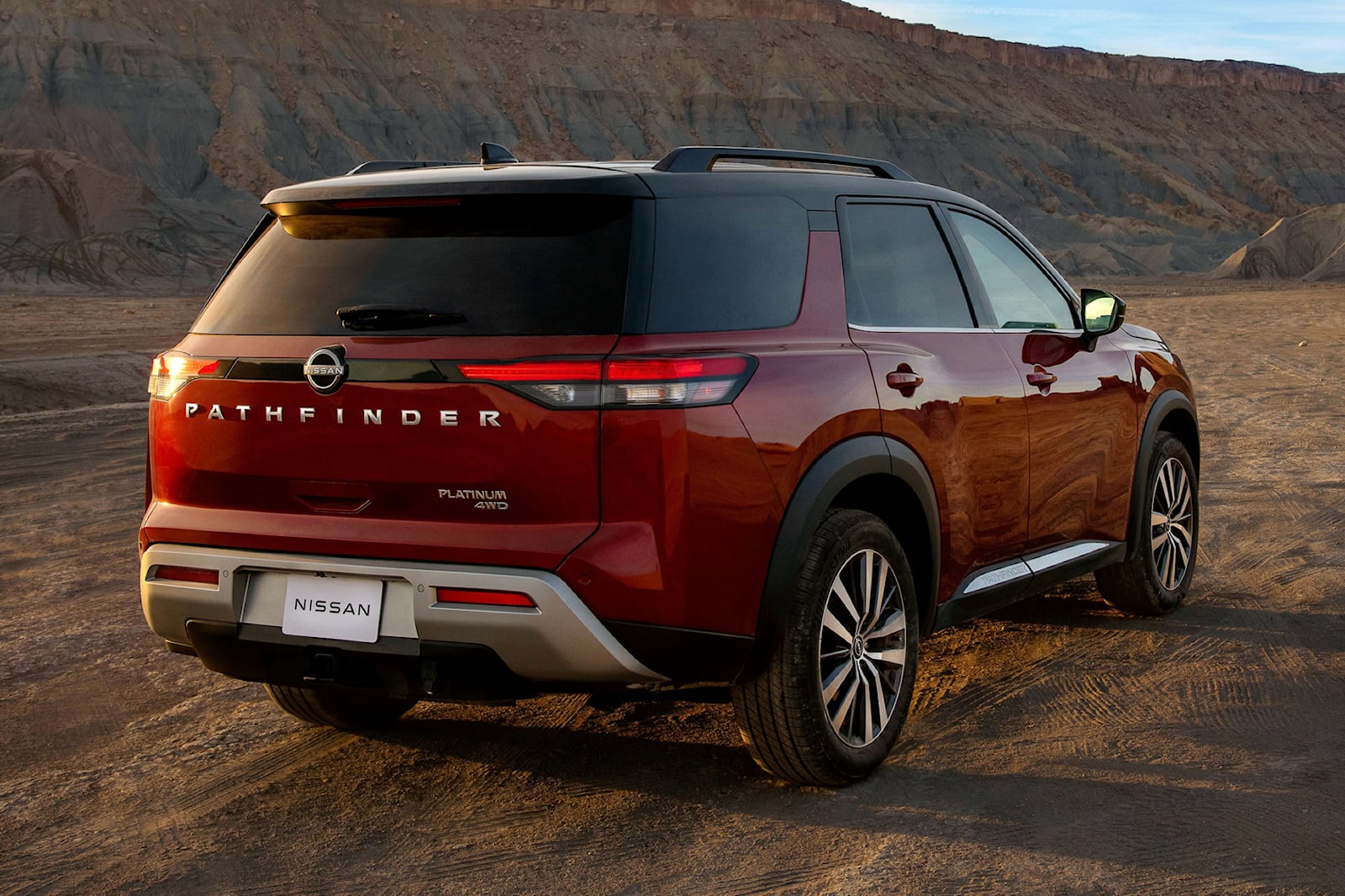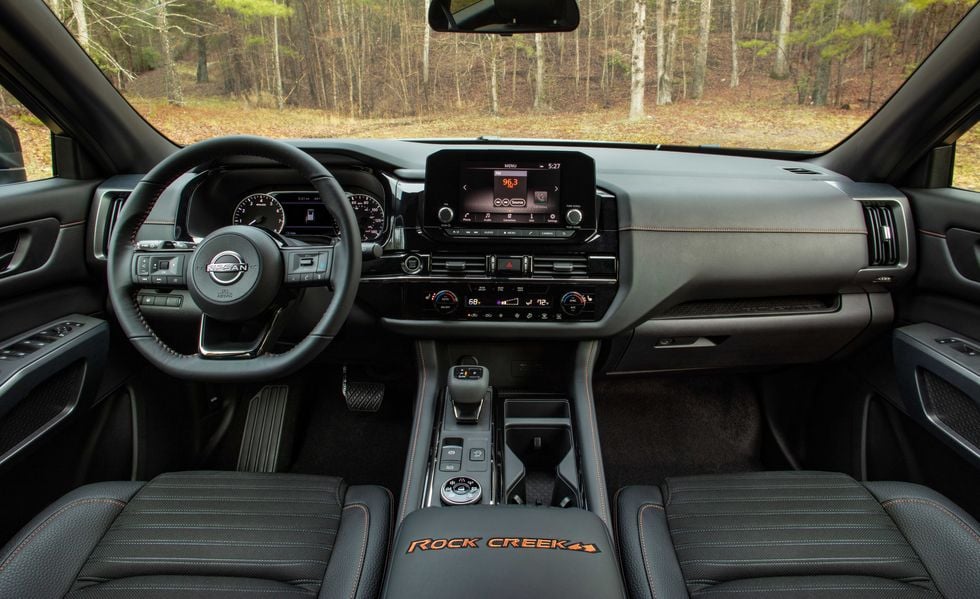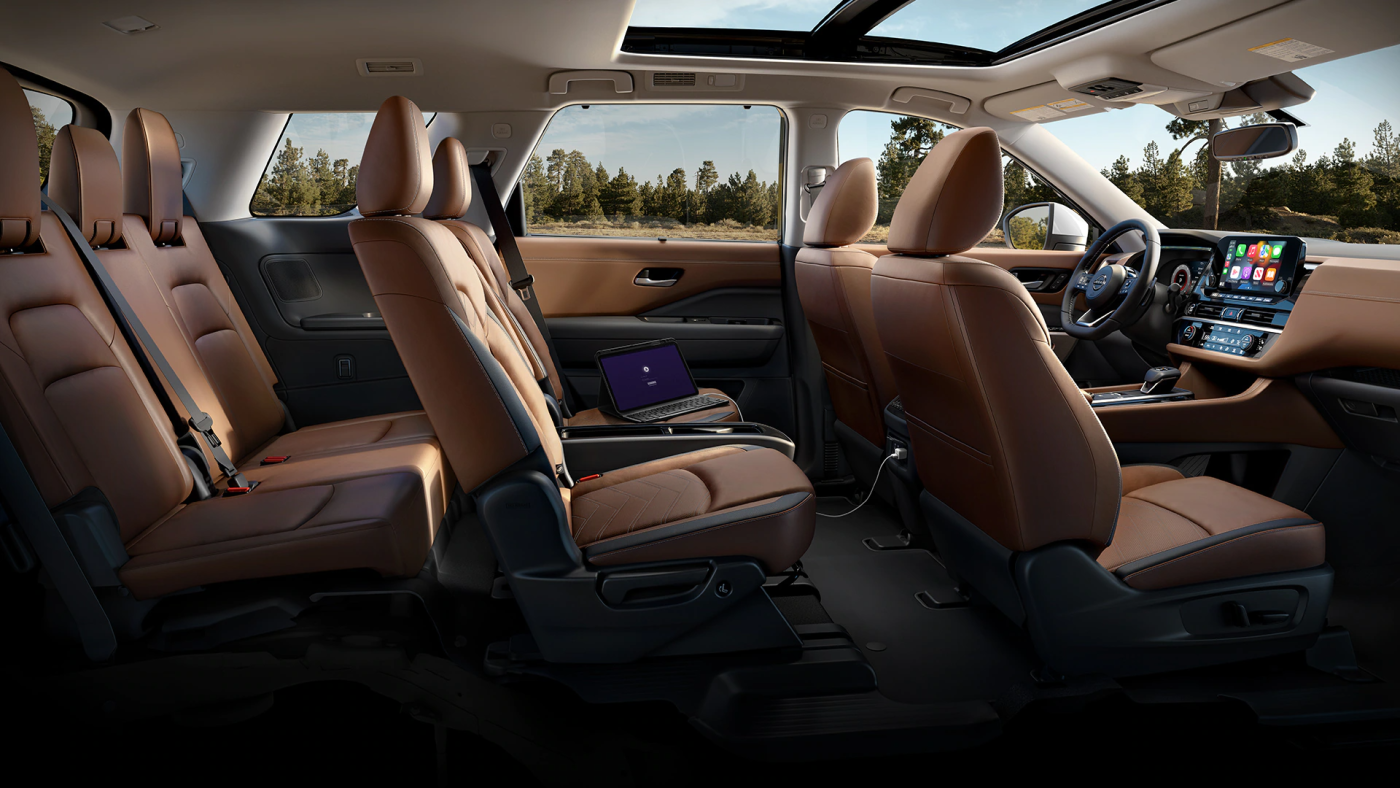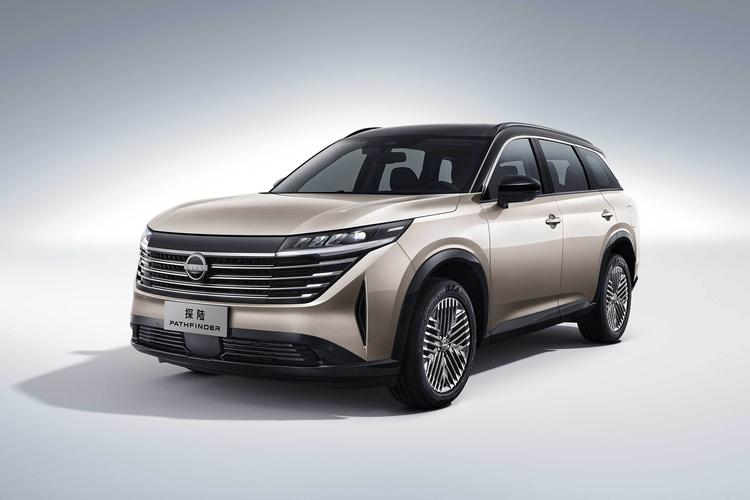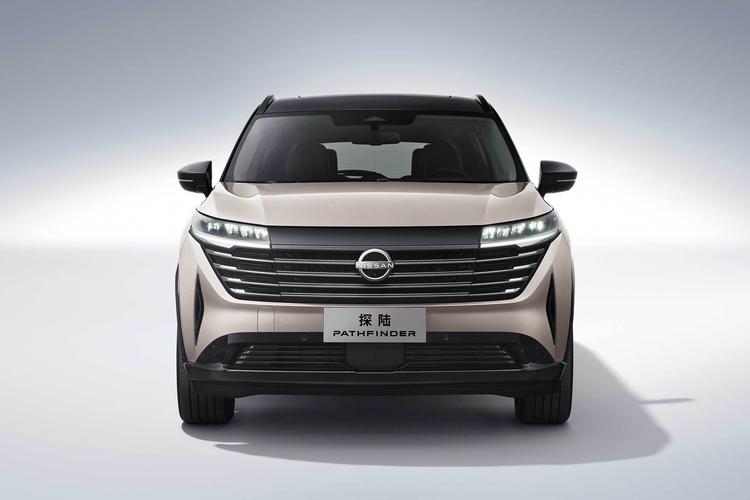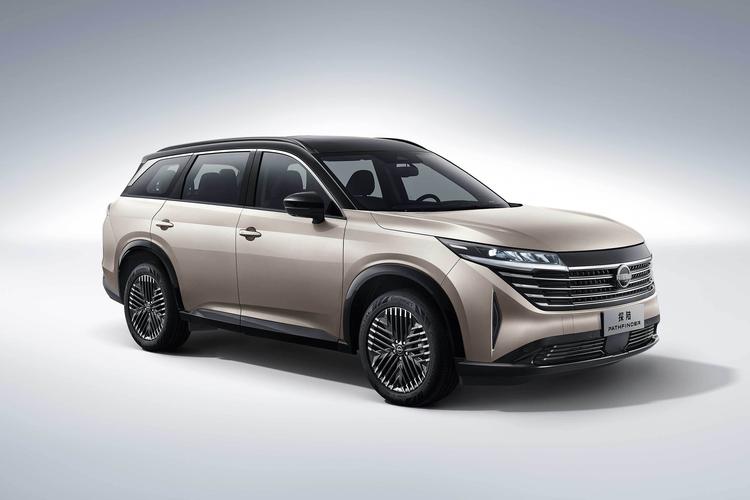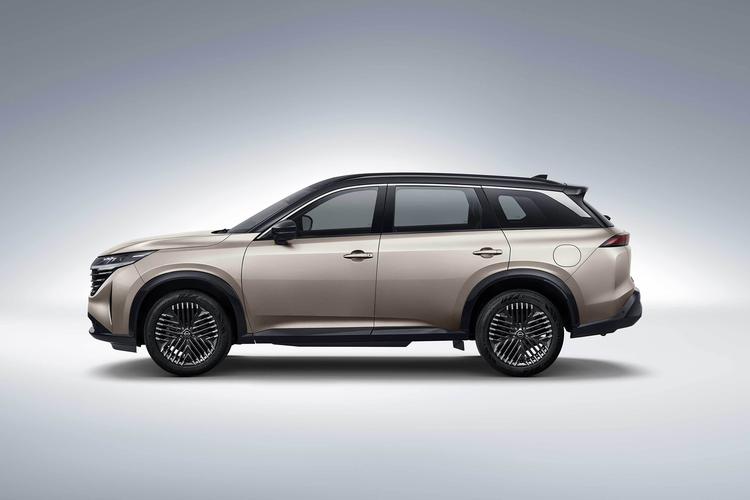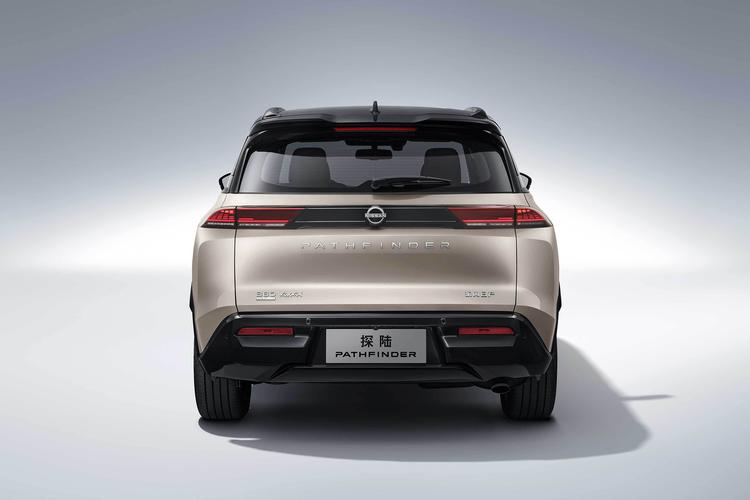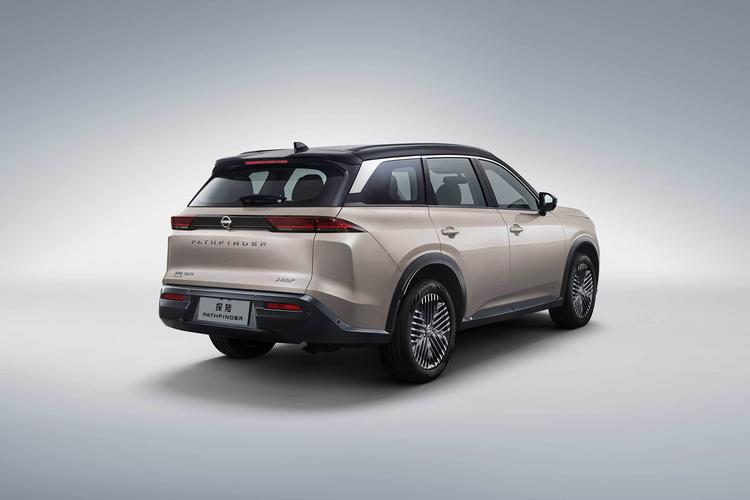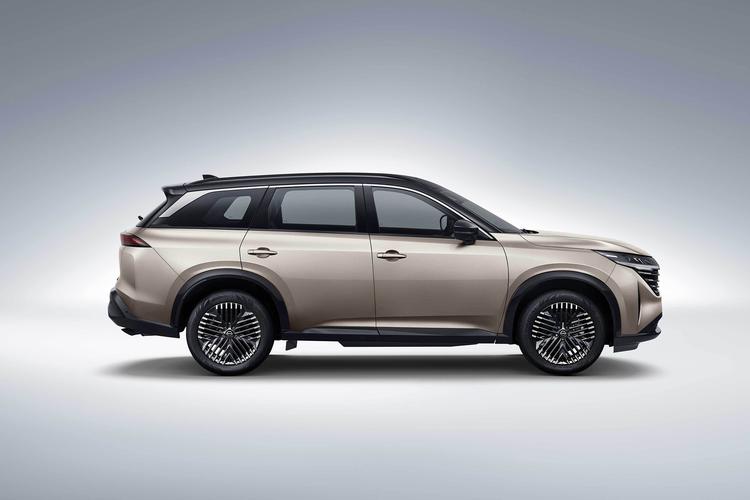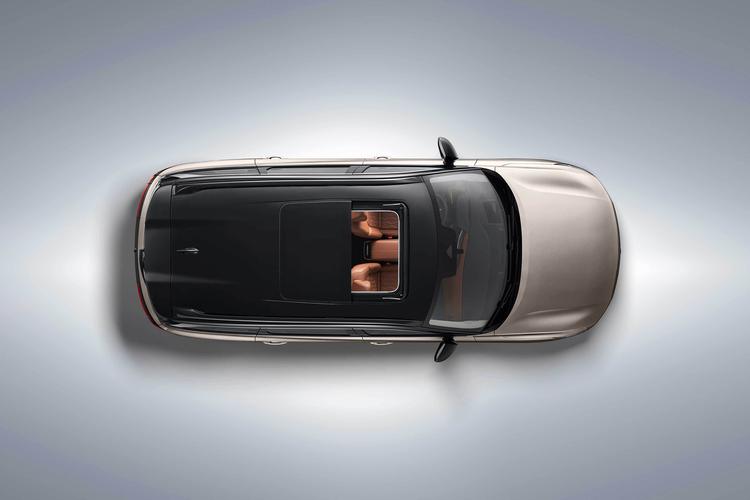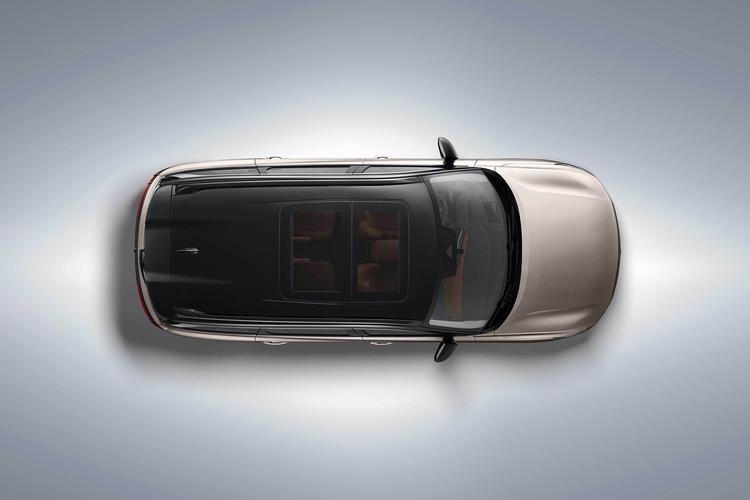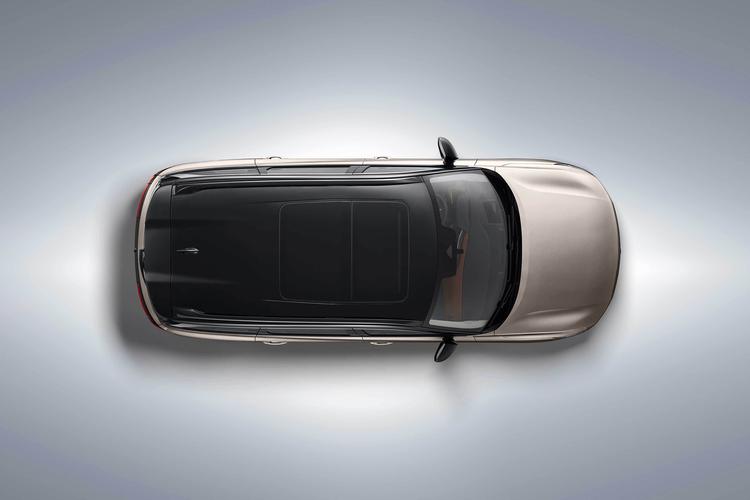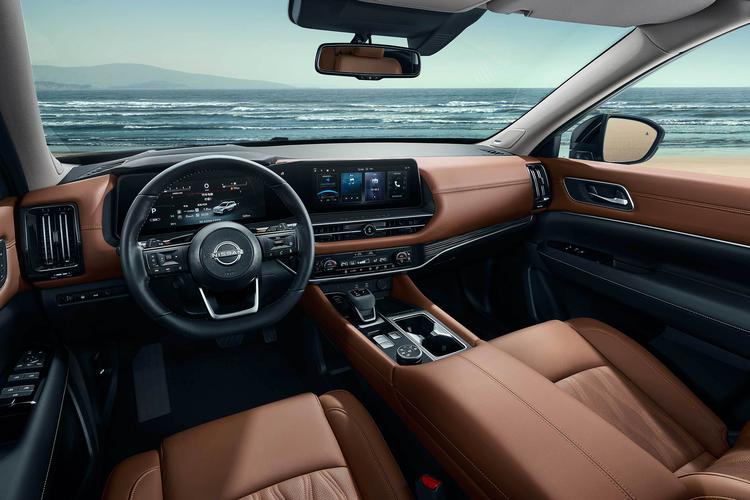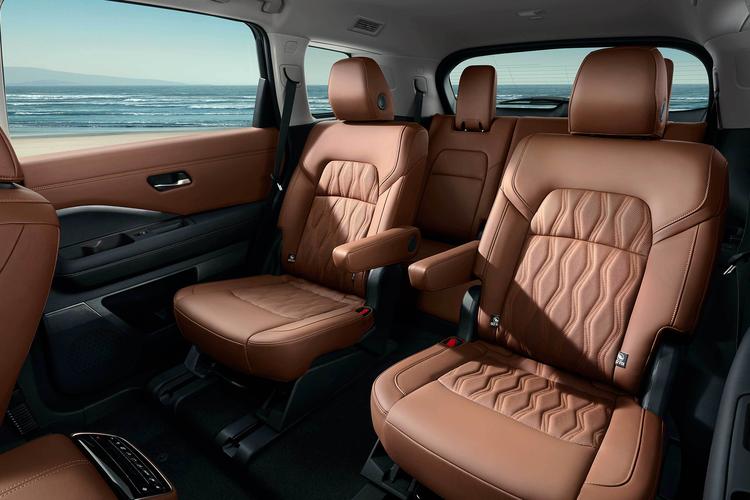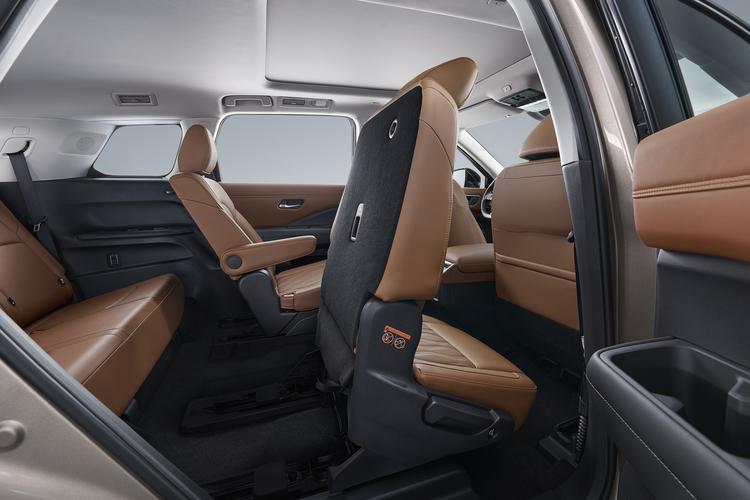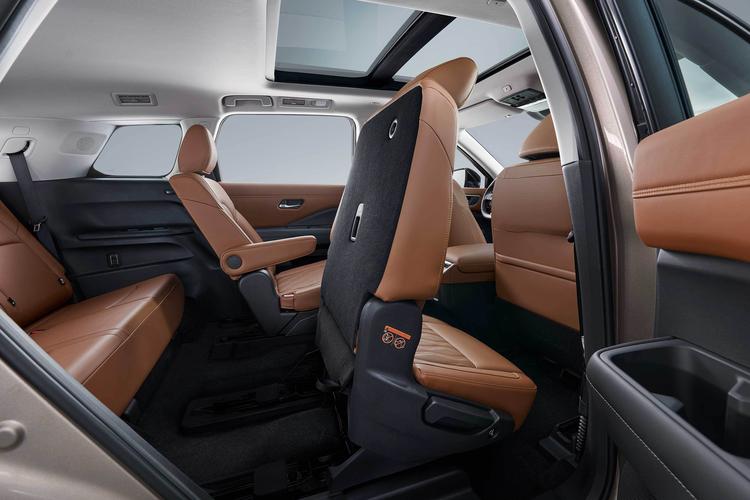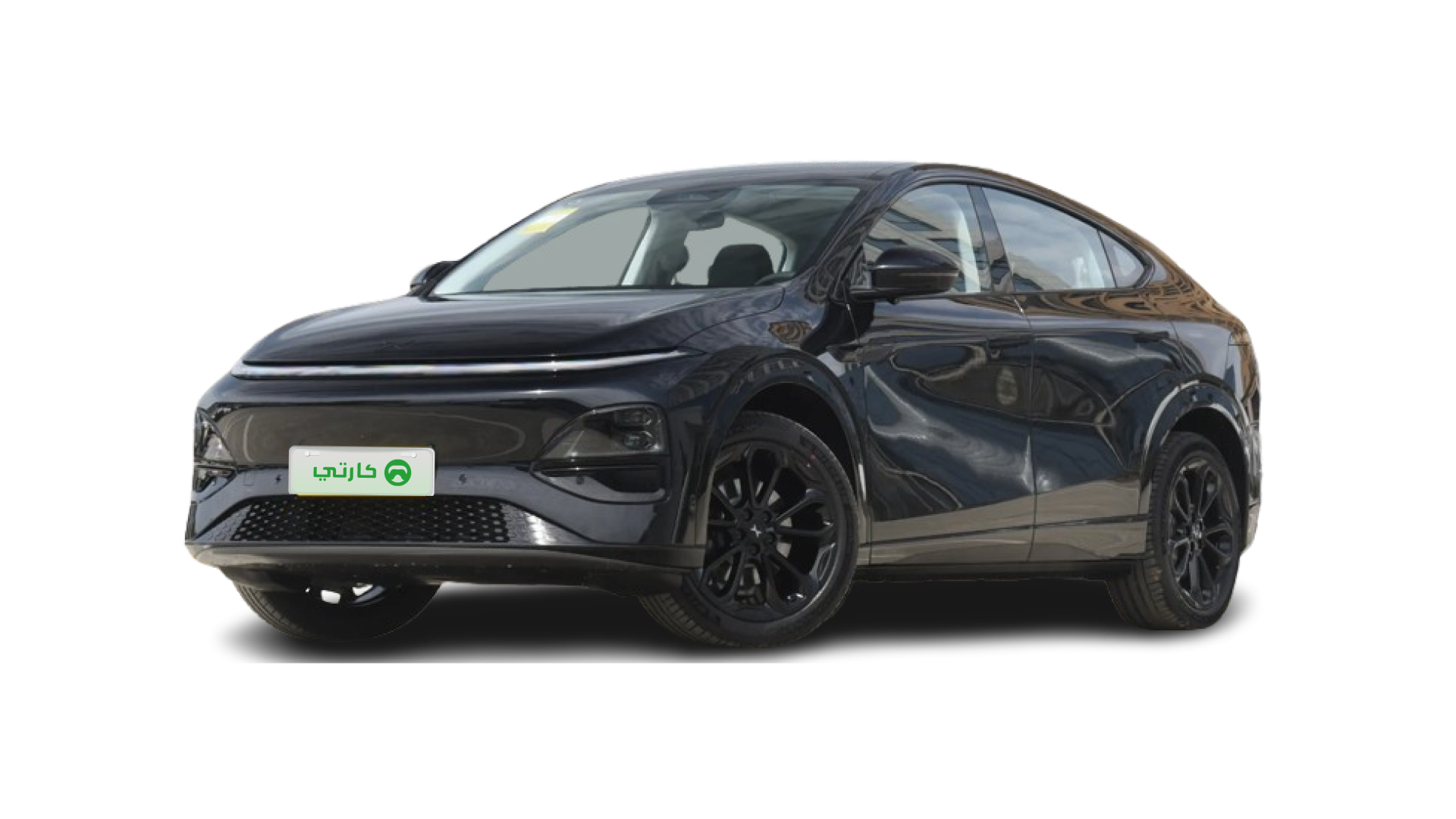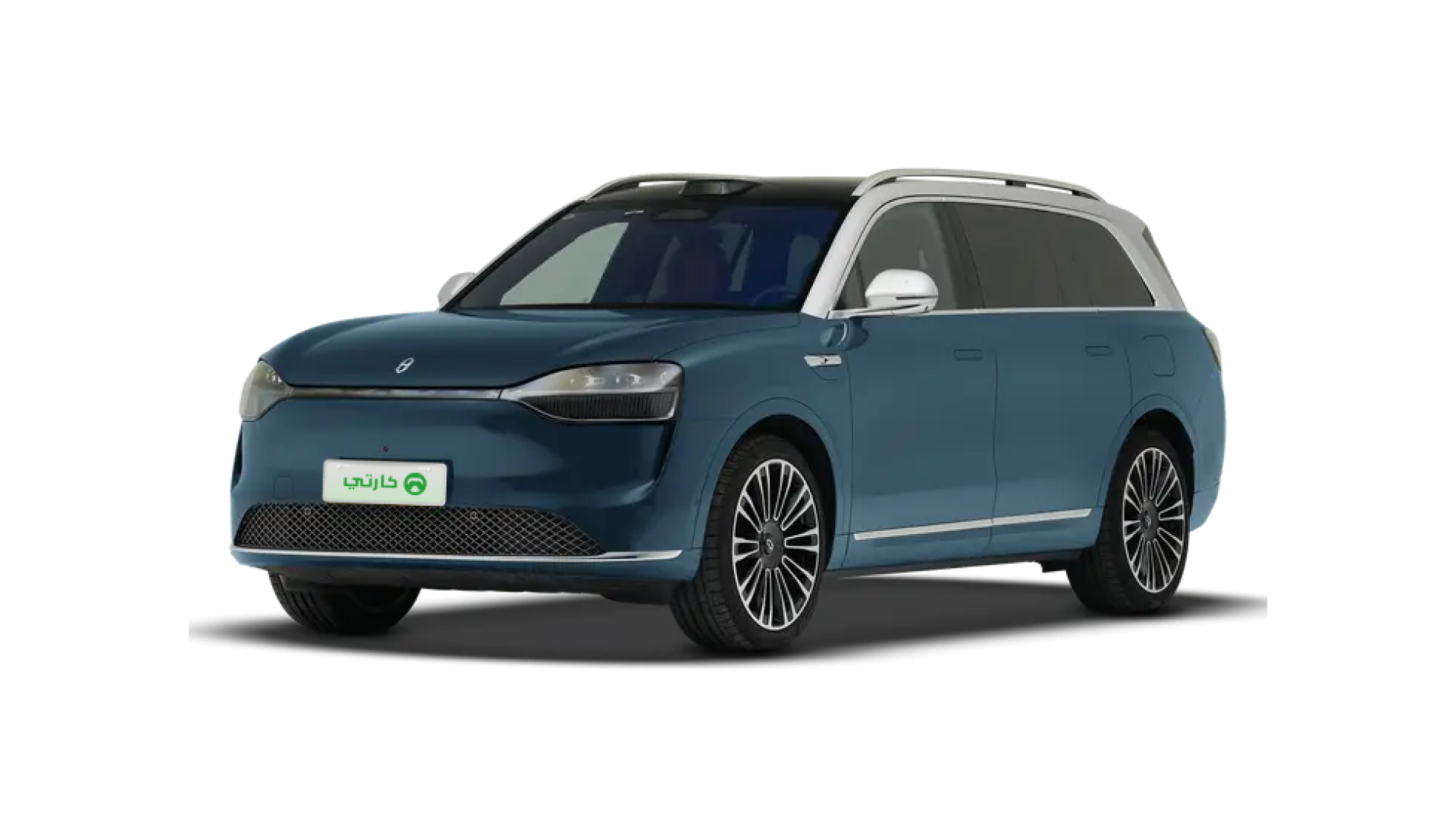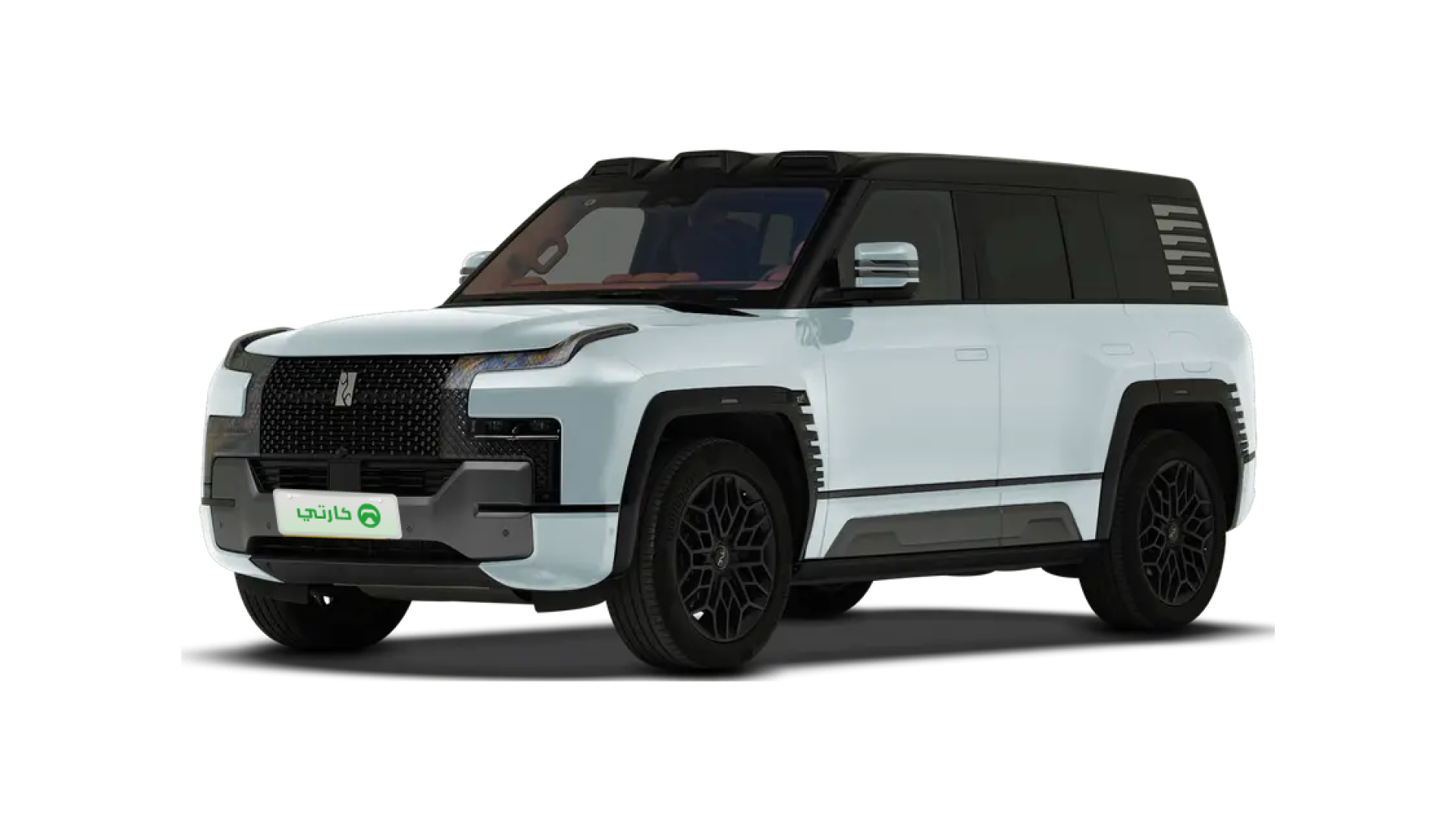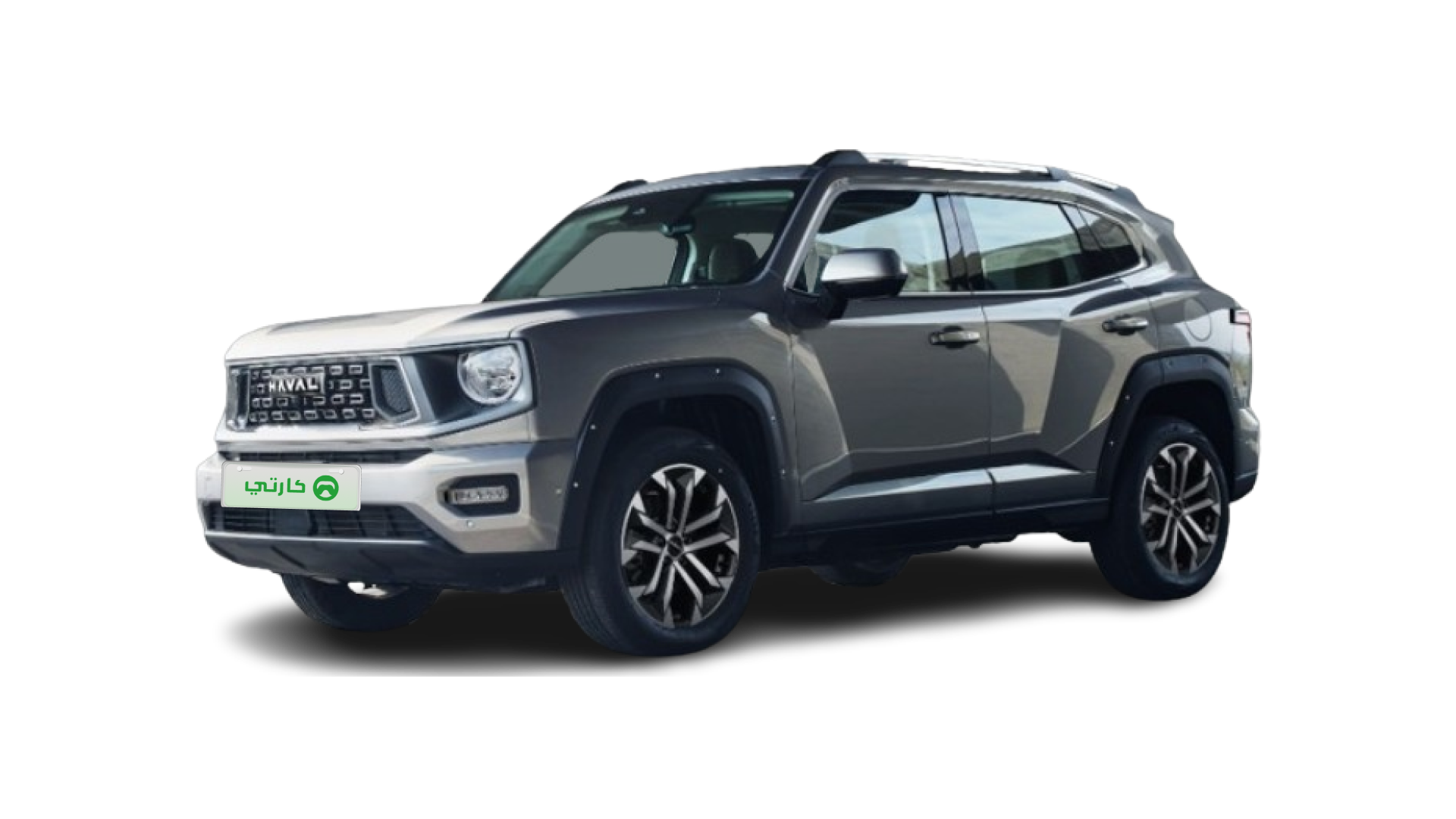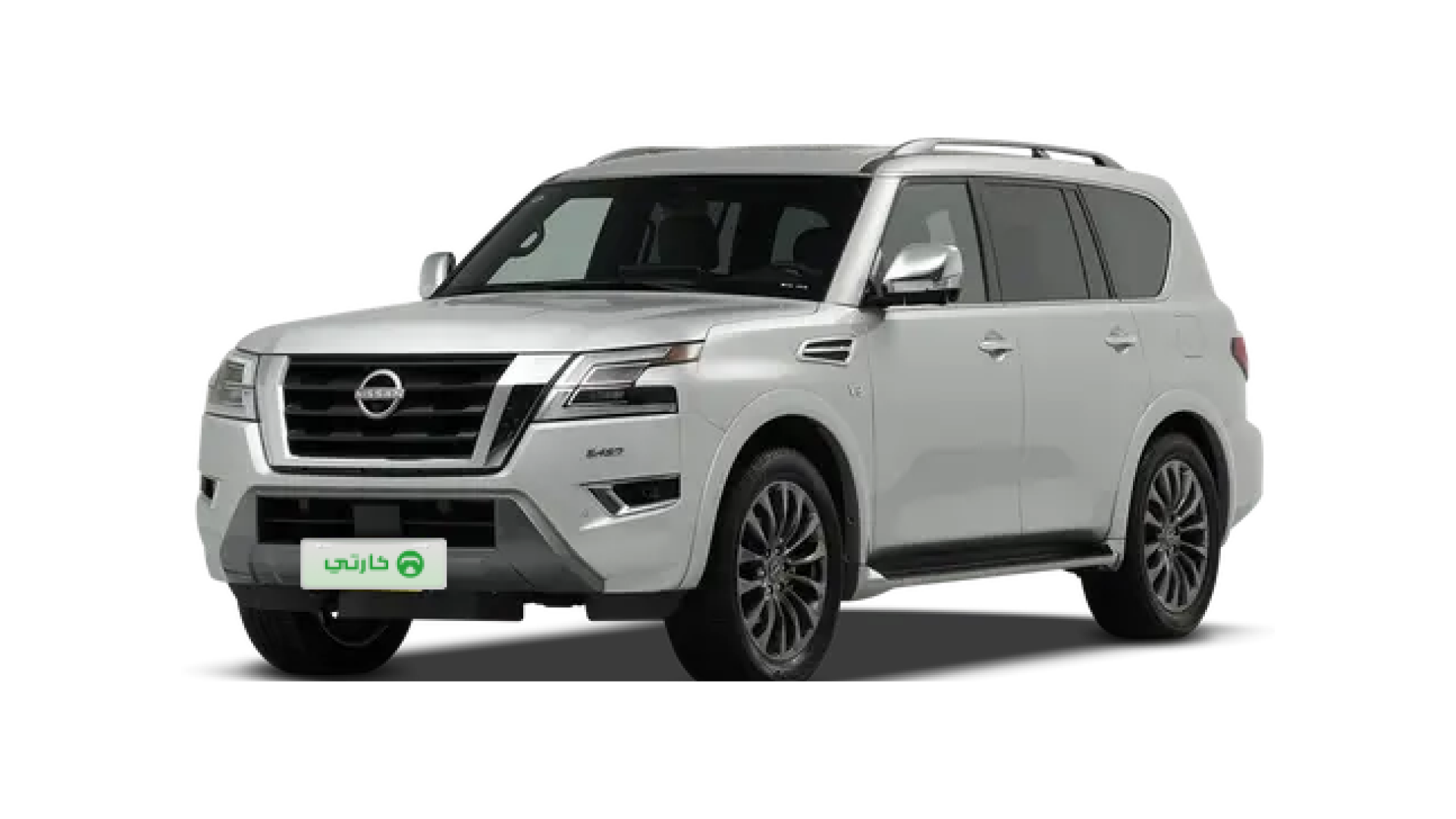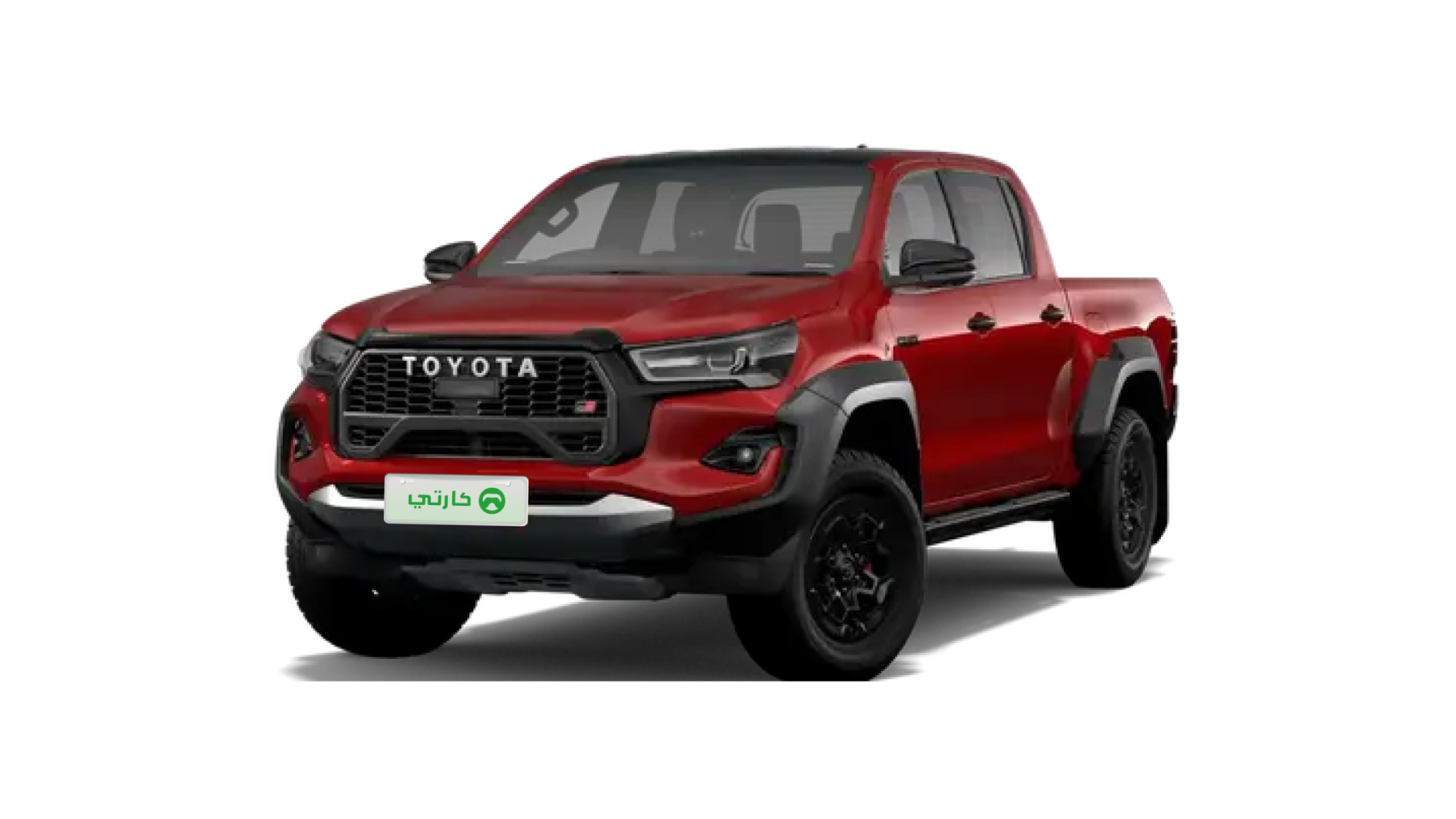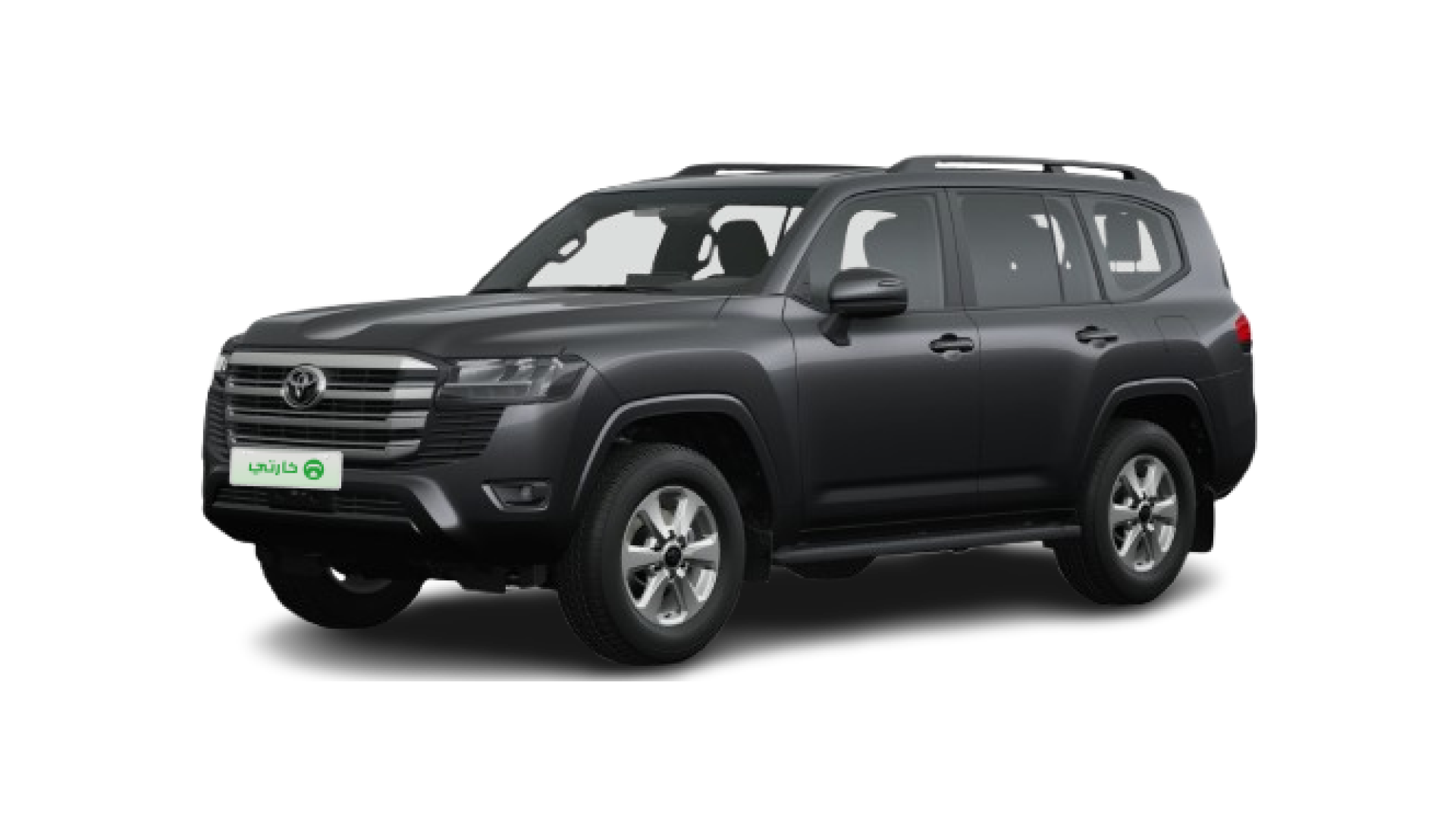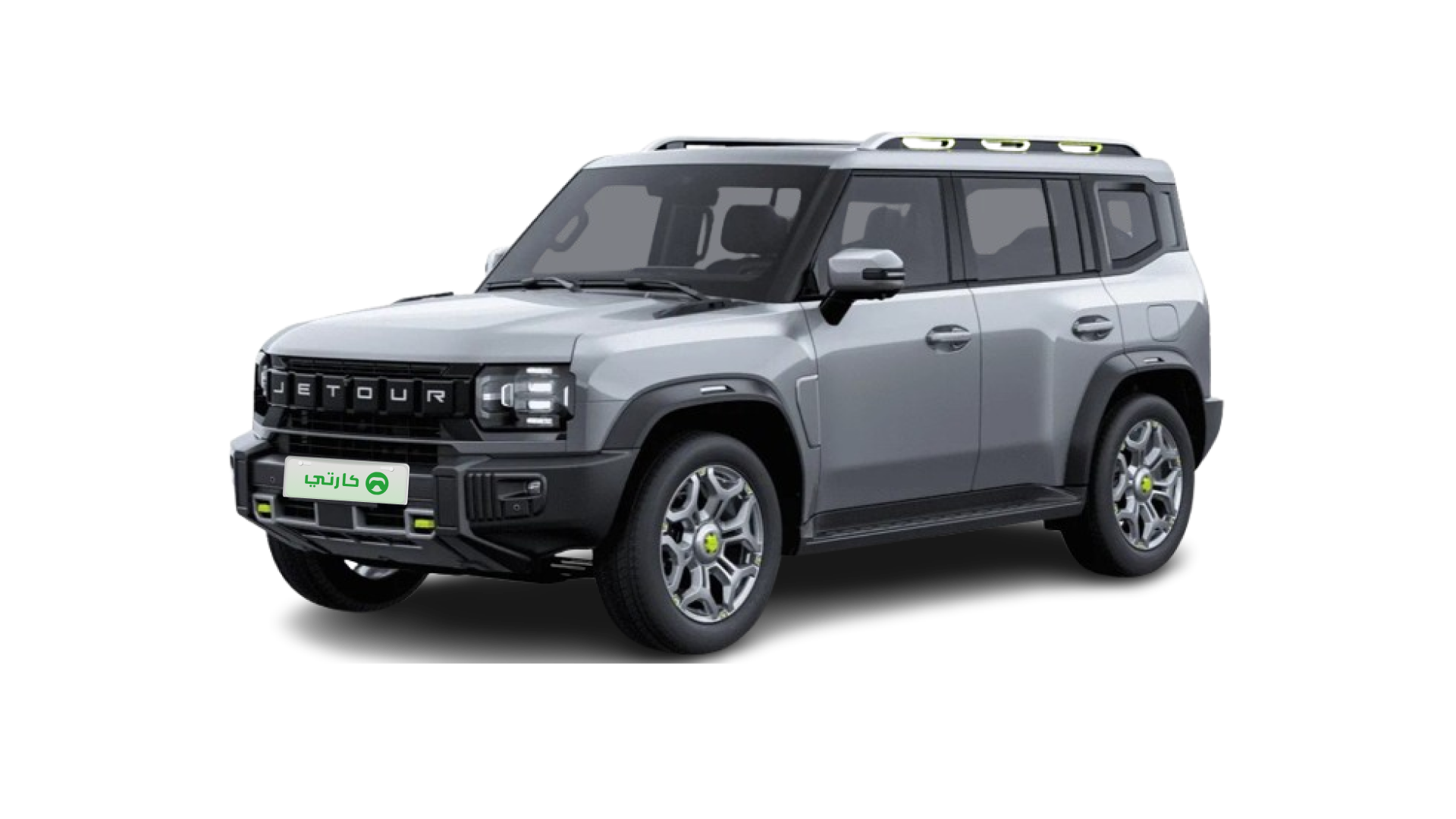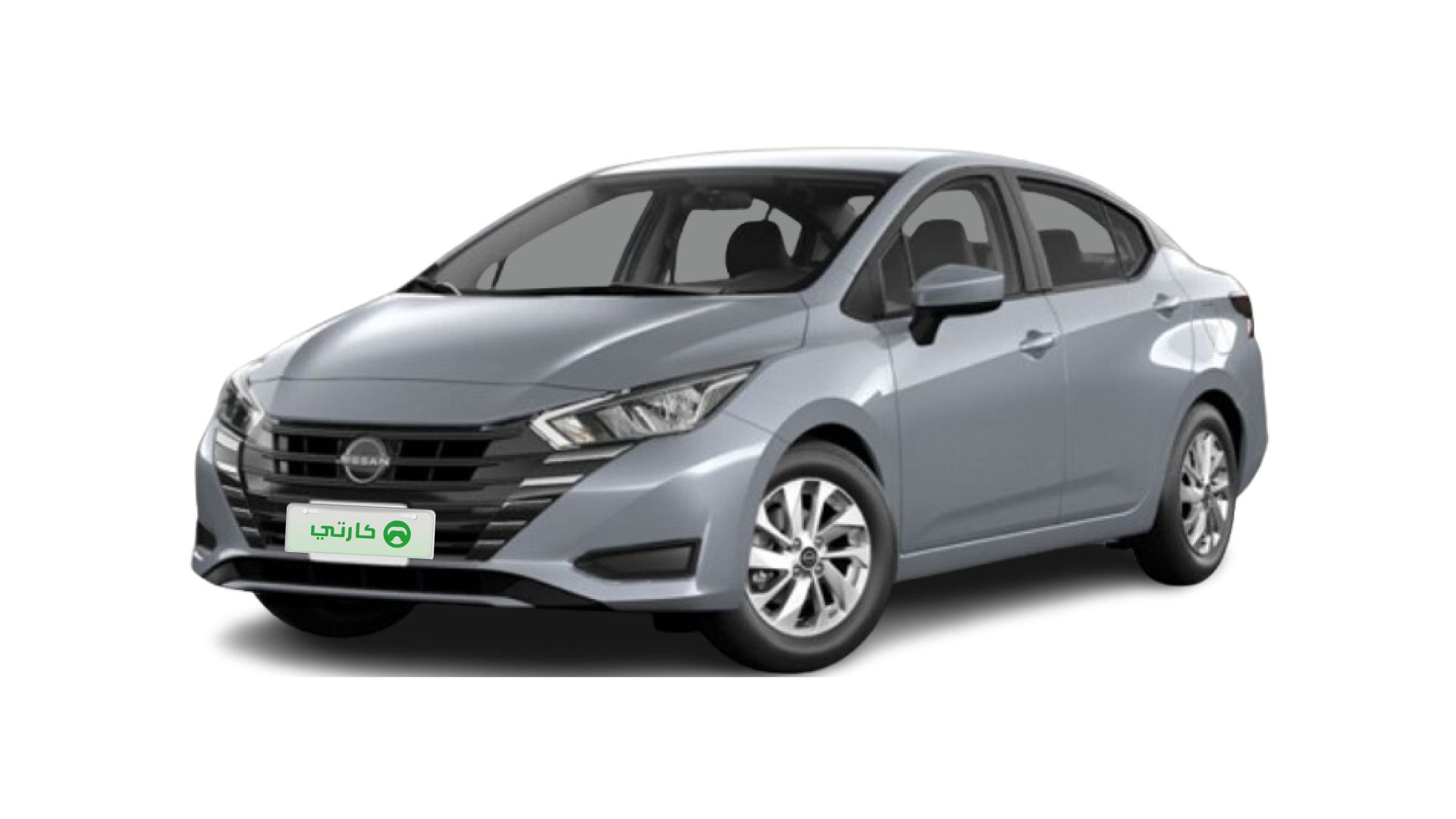The ongoing battle of nissan pathfinder vs toyota prado continues to generate buzz, especially with the impressive updates slated for 2025. This guide offers a deep dive into what each SUV brings to the table, ensuring you get a clear picture as you make your decision.

Key Factors to Consider in 2025
Before you jump into any test drive arrangements, it helps to think about what truly matters. Ask yourself:
Do you need a vehicle that’s equally adept in urban traffic and off-road conditions?
Are larger seating configurations and flexible space a priority for your family outings?
Is fuel efficiency, perhaps even a hybrid option, a significant consideration for your daily commute?
Reflecting on these questions will enable you to align your automotive needs with either the Nissan Pathfinder or Toyota Prado as you step into the 2025 model year.
Performance & Capability Face-Off
The heart of any SUV is its performance, and here you have two competitive machines.
Engine Specifications Compared
Below is a detailed table highlighting the engine differences:
Feature | 2025 Nissan Pathfinder | 2025 Toyota Prado |
|---|---|---|
Engine Type | 3.5L V6 Gasoline | 2.8L Turbo Diesel |
Power Output | 284 HP | 201 HP |
Torque | 259 lb-ft | 369 lb-ft |
Transmission | 9-speed automatic | 6-speed automatic |
The Pathfinder boasts a robust V6 engine delivering reliable power for both city driving and highway cruising. Meanwhile, the Prado’s turbo diesel engine provides ample torque, particularly useful for towing heavy loads, fitting neatly into GCC certification standards for off-road performance.
Real-World Driving Experience
Consider these expanded insights:
The Nissan Pathfinder offers smooth acceleration and a refined driving experience in busy urban areas. Its 0-60 mph time of around 7.1 seconds makes it a solid choice for those seeking responsive performance.
The Toyota Prado, on the other hand, excels in low-end torque essential for towing and off-road ventures. With a towing capacity of 6,500 lbs compared to the Pathfinder’s approximate 6,000 lbs, it is well-suited for rugged conditions.
For those with hybrid aspirations, the Pathfinder’s option delivering an impressive 27 mpg (combined) can translate into lower running costs, particularly under demanding city traffic conditions.
Family-Friendly Features Breakdown
Spaciousness and safety are key when selecting a family SUV. Here’s how each model stacks up:
Interior Space Comparison
Seating and Access: The Pathfinder features innovative second-row tilt-slide seats which simplify access to the third row, offering dynamic flexibility. The Prado, contrastingly, uses a fixed bench layout which may be less accommodating for frequent reconfigurations.
Cargo Capacity: With all seats in use, the Pathfinder provides approximately 16.6 cu.ft of cargo space while the Prado offers around 14.3 cu.ft. This edge might be particularly useful when transporting extra luggage or sports equipment during family outings.
Child Safety Essentials
Safety remains a paramount concern:
Both vehicles include essential family safety features such as rear door alerts, 360-degree cameras, and a reliable set of 6 airbags.
The Pathfinder goes a step further by incorporating an exclusive rear seat reminder system, which is a critical safeguard for families with young children.

Technology & Connectivity
Modern SUVs need to keep you connected and in command. The comparison here paints a clear picture:
Dashboard Layouts & Smart Features
The Nissan Pathfinder is equipped with a state-of-the-art 12.3-inch dual touchscreen setup, along with a 10.8-inch Head-Up Display (HUD) to assist the driver without distraction.
The Toyota Prado offers a more traditional 9-inch touchscreen complete with physical knobs for quick adjustments. While both models support wireless smartphone integration options like Apple CarPlay and Android Auto, the Pathfinder further boosts convenience with a standard wireless charging pad.
Maintenance & Ownership Costs
Cost of ownership is a vital part of your decision-making process. Here’s a look at projected expenses for a five-year period, using UAE/SAR examples that align with GCC standards:
Expense Type | Pathfinder (AED/SAR) | Prado (AED/SAR) |
|---|---|---|
Fuel (15k km/year) | AED 18,200 / SAR 17,500 | AED 15,900 / SAR 15,300 |
Insurance | AED 7,500 / SAR 7,200 | AED 8,200 / SAR 7,800 |
Scheduled Maintenance | AED 9,800 / SAR 9,300 | AED 11,400 / SAR 10,800 |
These figures not only reflect fuel costs and maintenance programs but also encompass past trends that adhere to GCC certification norms for vehicle care and service.
Which SUV Fits Your 2025 Needs?
When you step into a dealership, consider these cues to make the right choice:
Choose the Nissan Pathfinder if:
You lean towards contemporary tech integrations and appreciate hybrid efficiency.
Frequent reconfiguration and third-row accessibility are top priorities.
A smoother, car-like driving dynamic is what you seek.
Opt for the Toyota Prado if:
Your lifestyle includes regular off-road adventures and heavy towing.
A model with time-tested ruggedness and longevity appeals to you.
You value long-term resale performance as per GCC norms.
Both models are expected to welcome significant updates in 2025, including enhanced driver assistance systems and refined suspension tuning readily experienced at local UAE/SAR dealerships.
FAQ
What are the key performance differences between the Nissan Pathfinder and Toyota Prado in 2025?
The Nissan Pathfinder offers a robust 3.5L V6 engine that promises smooth acceleration ideal for urban environments, while the Toyota Prado focuses on turbo diesel efficiency with superior low-end torque for heavy towing and off-road reliability. Their performance metrics cater to distinct driving needs, so your choice should align with your primary driving conditions. Consider both engine output and torque, as well as real-world driving tests you can conduct at a local dealership. This balance of power while meeting GCC certification standards is pivotal.
How do the fuel efficiency and maintenance costs compare?
The Pathfinder’s option for hybrid technology gives it a notable lead in fuel efficiency, boasting around 27 mpg combined, which may result in lower fuel bills over time. The Prado, tuned for off-road demands, might have slightly higher fuel consumption but makes up for it with robust engine torque. Maintenance projections over a five-year span indicate differences in scheduled expenses, with the Prado potentially costing a bit more based on UAE/SAR estimates. Always check the latest dealership offers and warranty packages for the most accurate cost projections.
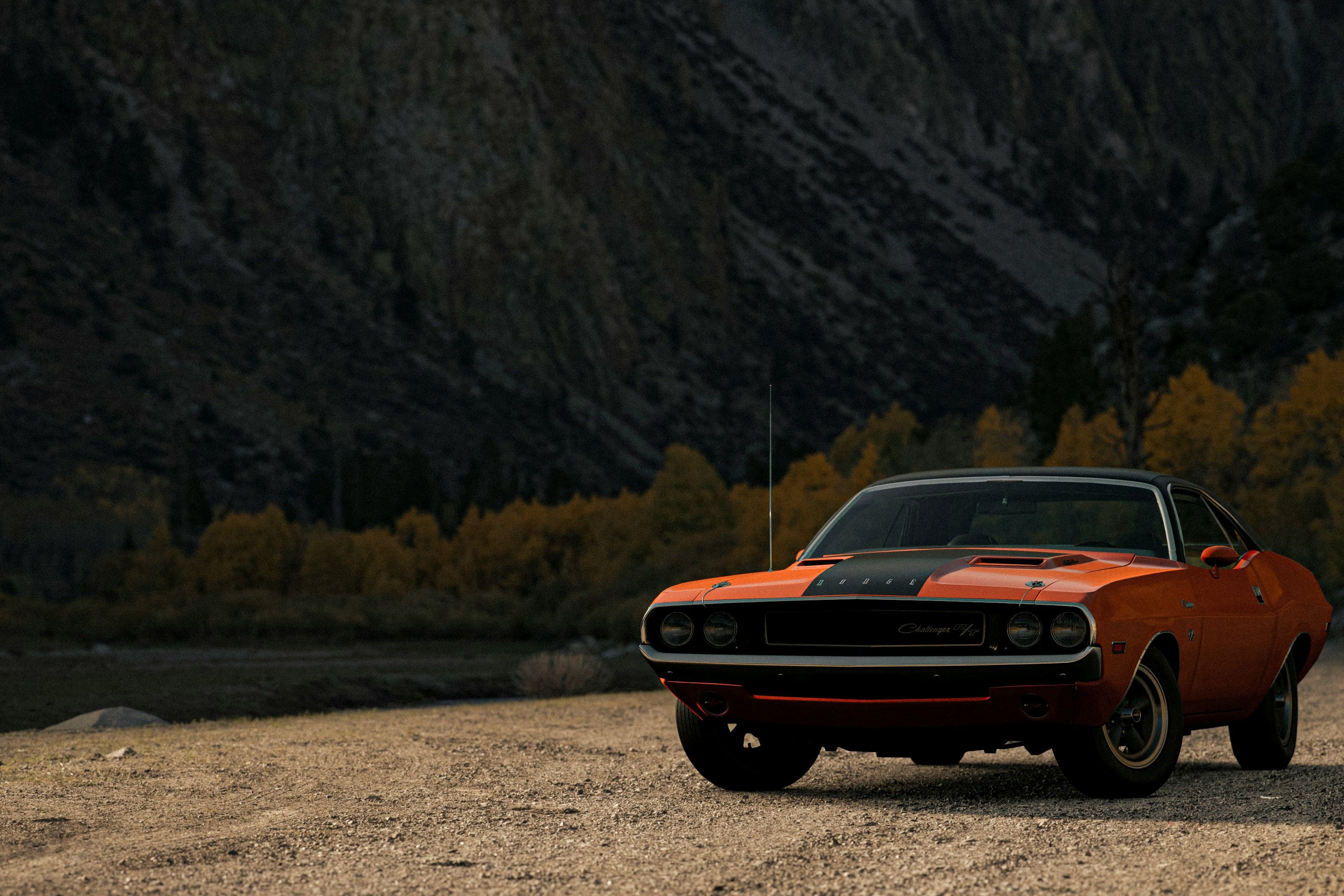
Which model offers better family-friendly features?
Both models sport strong family-oriented features including extensive safety packages and modern connectivity options. However, the Nissan Pathfinder stands out with its innovative second-row tilt-slide seats that offer easier access to the third row and an exclusive rear seat reminder system for child safety. The Toyota Prado offers a solid, fixed-seat arrangement that might be preferable if you prioritize a traditional SUV layout. Weigh these differences against your family's day-to-day needs and travel habits.
Can I rely on these features for off-road adventures in the GCC climate?
Absolutely, both the Pathfinder and Prado have been updated to meet rigorous GCC standards, ensuring they handle both urban conditions and off-road terrain with confidence. The Prado’s diesel engine is particularly noted for its durability during intense off-road use, while the Pathfinder brings advanced hybrid options for eco-friendly driving in city and desert environments. It’s best to schedule a test drive at your local dealership to experience these capabilities firsthand and verify they suit your climate and driving style.
This article is for reference only, please abide by the latest local laws and regulations.
Read More:
Which Car Insurance Is Best in UAE 2025?
How to Authorize Car in Absher: Updated Vehicle Registration Guide
How Many Hours From Qatar to Dubai by Car? Your Ultimate Guide
20 pics

Abdul Rahman is an avid car enthusiast with over a decade of self-driving travel experience. He loves hitting the road in various vehicles, exploring different landscapes. Besides, he enjoys sharing practical knowledge about car usage, helping fellow drivers solve problems and make the most of their rides.
